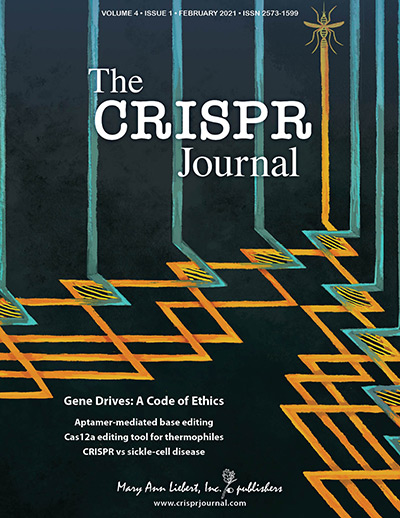Response to Levrier re: Human Germline and Heritable Genome Editing: The Global Policy Landscape
By Marcy Darnovsky, Katie Hasson, and Timothy M. Krahn,
The CRISPR Journal
| 02. 19. 2021
In response to: https://www.liebertpub.com/doi/10.1089/crispr.2021.29121.gle
Levrier apparently misunderstands the nature of our project published in The CRISPR Journal in October 2020.1 We identified and reviewed policy documents relevant to human germline and heritable genome editing research in 96 countries. We did not speculate about arguments that might lead legislatures or courts to revise existing policies or adjudicate prospective cases, nor did we attempt to examine each policy in its national or international context. Rather, based on close and careful readings of the identified texts, we categorized countries according to the current permissibility or impermissibility of germline and heritable genome editing. Then, we counted.
We welcome corrections and additions to the data we have compiled, which we plan to keep updated at https://tinyurl.com/HumanGenomeEditingPolicies. Unfortunately, Levrier does not provide appropriate documentation for his challenge to our categorizations regarding human germline and heritable genome editing research in three countries (France, Mexico, and Japan). Instead, he points to a report, unspecified “debates” in the French parliament, and comments on social media. We sometimes used such sources to identify relevant policy documents, but did...
Related Articles
By Mike McIntire, The New York Times | 01.24.2026
Genetic researchers were seeking children for an ambitious, federally funded project to track brain development — a study that they told families could yield invaluable discoveries about DNA’s impact on behavior and disease.
They also promised that the children’s sensitive...
By Arthur Lazarus, MedPage Today | 01.23.2026
A growing body of contemporary research and reporting exposes how old ideas can find new life when repurposed within modern systems of medicine, technology, and public policy. Over the last decade, several trends have converged:
- The rise of polygenic scoring...
By Danny Finley, Bill of Health | 01.08.2026
The United States Food and Drug Administration (FDA) has a unique funding structure among federal scientific and health agencies. The industries it regulates fund nearly half of its budget. The agency charges companies a user fee for each application
...
By George Janes, BioNews | 01.12.2026
A heart attack patient has become the first person to be treated in a clinical trial of an experimental gene therapy, which aims to strengthen blood vessels after coronary bypass surgery.
Coronary artery bypass surgery is performed to treat...




